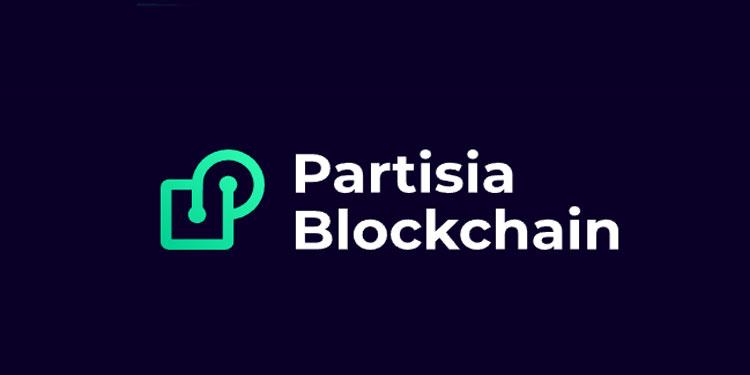
Smart contracts, which are blockchain-based applications that execute when preset criteria are satisfied, are the core of blockchain technology. Smart contracts are currently either public or private. Even though public smart contracts are available to anyone, this reveals a great deal of confidential data, providing a barrier for utility applications that necessitate retaining confidentiality. However, private smart contracts cannot be readily audited or validated by a third party.
Partisia Blockchain’s Unified Smart Contract technology blends zero-knowledge proofs with multi-party calculations, allowing Polygon programmers to create utility scenarios requiring information security and privacy while employing a public blockchain. “The incorporation of Partisia Blockchain’s universal smart contracts predicated on zero-knowledge, multi-party processing offers up many fresh and exciting opportunities for all Polygon programmers,” said Antoni Martin, Polygon Enterprise Lead.
Brian Gallagher, Co-Founder of Partisia Blockchain, said, “This innovation will significantly alter how organizations and people communicate.” Certain to have a part in the future of the business when programmers obtain the capability to create hundreds of Polygon-driven use cases, the prospects include:
Distributed search engines Currently, advertising-powered search engine systems expose consumers to a negative experience and the possibility of succumbing to clickbait, false news, fraud, and other viruses. As an option, the “Better Internet Search” effort has incorporated Partisia Blockchain’s unified smart contract to provide a unique, ad-free experience and provide query results without gathering users’ personal information. Encrypted data isn’t ever decrypted, and all product data has been calculated using MPC to be as appropriate to the user’s experience as possible without decrypting any personal information.
Monetizable information in decentralized social networks — In the near term, the enhanced data security of zero-knowledge MPC enables the secure and regulatory-compliant usage of users’ most useful but critical information. This has the ability to alter the current internet economy’s power dynamics and increase competition at the application and service standards in the long term. An amazing illustration is the “Data for Good” system, which allows anybody to give data without exposing personal details by balancing secrecy and openness using MPC and blockchain.
Management of private documents and contents – In circumstances including medical and health records, financial identities or credit ratings, etc., the ability to maintain some portions of the contract secret while enabling public authentication is vital.
Trade Finance industry and decentralized exchanges – The initial large-scale and commercial usage of MPC was a decentralized exchange performed by the Partisia Blockchain team in 2008, followed by a series of MPC-led auctions in the energy, banking, and telecommunications industries. Partisia’s first emphasis is on linking disparate blockchains and enabling users to transfer information and tokens smoothly from one blockchain and safety paradigm to another. The objective is to enhance involvement in current DeFi systems and decrease the bar for introducing DeFi to conventional markets.
Private Auctions – With more complex distribution chains and specialized goods, price fixing and auctions are turning out to be an integral feature of a growing number of marketplaces. Using a single smart contract, it is feasible to maintain an account of buyers and sellers as well as the ensuing transactions while maintaining the secrecy of bids. In addition, the privacy component of zero-knowledge MPC may help eliminate fake bidding, which is the technique of jacking up the cost of a product via misleading offers.
The merger occurred just days following the announcement that the Partisia Blockchain Foundation had selected Hinrich Pfeifer to the post of Chief Operating Officer. Pfeifer’s broad skills will play a major part in the advancement of Partisia as he leads the Foundation’s fast growth in order to “deliver the aspirations that multi-party computing brings to many businesses.”